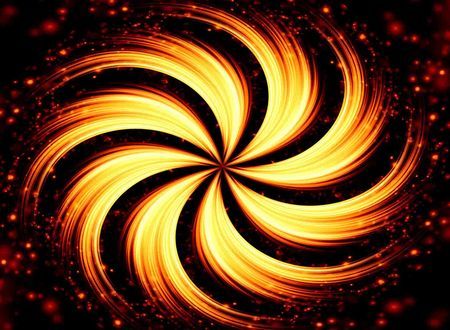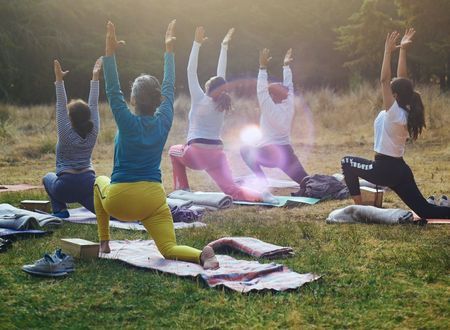Imagine someone gifts you the keys to the most beautiful house in the world, a house that is yours for life. But there are two conditions. First, you must return every night; second, you cannot bring any of your possessions inside. Walls, floors, and ceilings are bare, and you can paint them however you like. What would you do?
The house represents the body, and the bare inside represents the mind. The human body is a beautiful, delicate, and highly sophisticated ‘dwelling’ where we lay the foundation of our lives. For the most part, vital bodily processes run on their own. The mind, however, is ours to develop and use however we want. We cannot bring our possessions inside; only experiences related to them may enter the mind. We may escape through our sensory experiences, but our sense of being dissolves in the mind each night as we sleep.
The ebb and flow of thoughts, memories, and experiences as they develop, crystallize, and dissolve ‘paints’ the mind during our waking hours. Much of this process happens without our active participation. Self-reflection helps us to consciously moderate the contents of the mind to reflect positive values that lead to productive ends.
For example, practicing contentment and imbuing the mind with this quality changes our perspective of the world. Our expectations will diminish, and we will become conscious ‘givers’ rather than instinctual ‘takers.’ With contentment, gratitude naturally follows. In the aggregate, if there are more ‘givers’ than ‘takers,’ we will use fewer resources and leave more for the coming generations. Self-reflection helps us become ‘givers’ rather than ‘takers.’
By pausing to self-reflect, we begin to answer questions such as:
Am I habit-driven?
Am I selfish?
Am I using my time wisely?
Self-reflection has a magical effect on a busy, restless mind. Merely reflecting on the mind’s contents without actively trying to change them helps dissolve even the most troubling thought forms. It is like the rising sun rising, burning away a dense fog covering a beautiful valley.
Self-reflection helps us see things as they are and not how we think they should be. It peels the veil that prevents us from witnessing our flaws and shortcomings, which can be uncomfortable because we are accustomed to pointing out others’ flaws. Self-reflection is the mirror that does not lie. The more we look into this mirror of truth, the greater will be our inner transformation and resulting happiness. However, we must overcome three barriers before we realize the benefits of self-reflection.
Self-discipline.
It requires self-discipline to face the mind and learn how to be comfortable in the company of our thoughts. It is much easier to look outwards than inwards. When we look within, uncomfortable truths will emerge because our ego can no longer point fingers elsewhere. It is helpful to remind ourselves that everyone has flaws and negative personality traits. When we stop pretending we are perfect, our perception of others changes. We begin to see things as they are, not how we think they should be. When we are comfortable facing our flaws, it becomes easier to look past the shortcomings of others.
Self-judgment.
As we learn to be open and vulnerable to what our thoughts reflect about us, we must guard against becoming judgmental. We go from judging others to judging ourselves. It is helpful to remind ourselves that just as even the darkest cloud cannot leave a stain on the sky, past mistakes need not define our future. As we reflect on the past, we may find that many of the errors we committed, we did so unconsciously. As we resolve to live more consciously, it is unlikely that we will repeat the same mistakes in the future.
Self-doubt.
Once we remove the obstacle of self-judgment, we may begin to doubt whether we can reach the peak of our potential. We can find words, and we usually do, to tell ourselves we cannot improve. Removing this self-doubt costs us nothing, but harboring it costs us everything. Our potential remains in cold storage unless we have the burning desire to move the mountain of self-doubt. By removing self-doubt, we may even create a path forward where none existed before.
Every moment spent in self-reflection is like adding a new pixel to the composite image of life. Through self-reflection, the mind becomes a welcoming place where happiness echoes through our thoughts, memories, and experiences.









Comments & Discussion
2 COMMENTS
Please login to read members' comments and participate in the discussion.